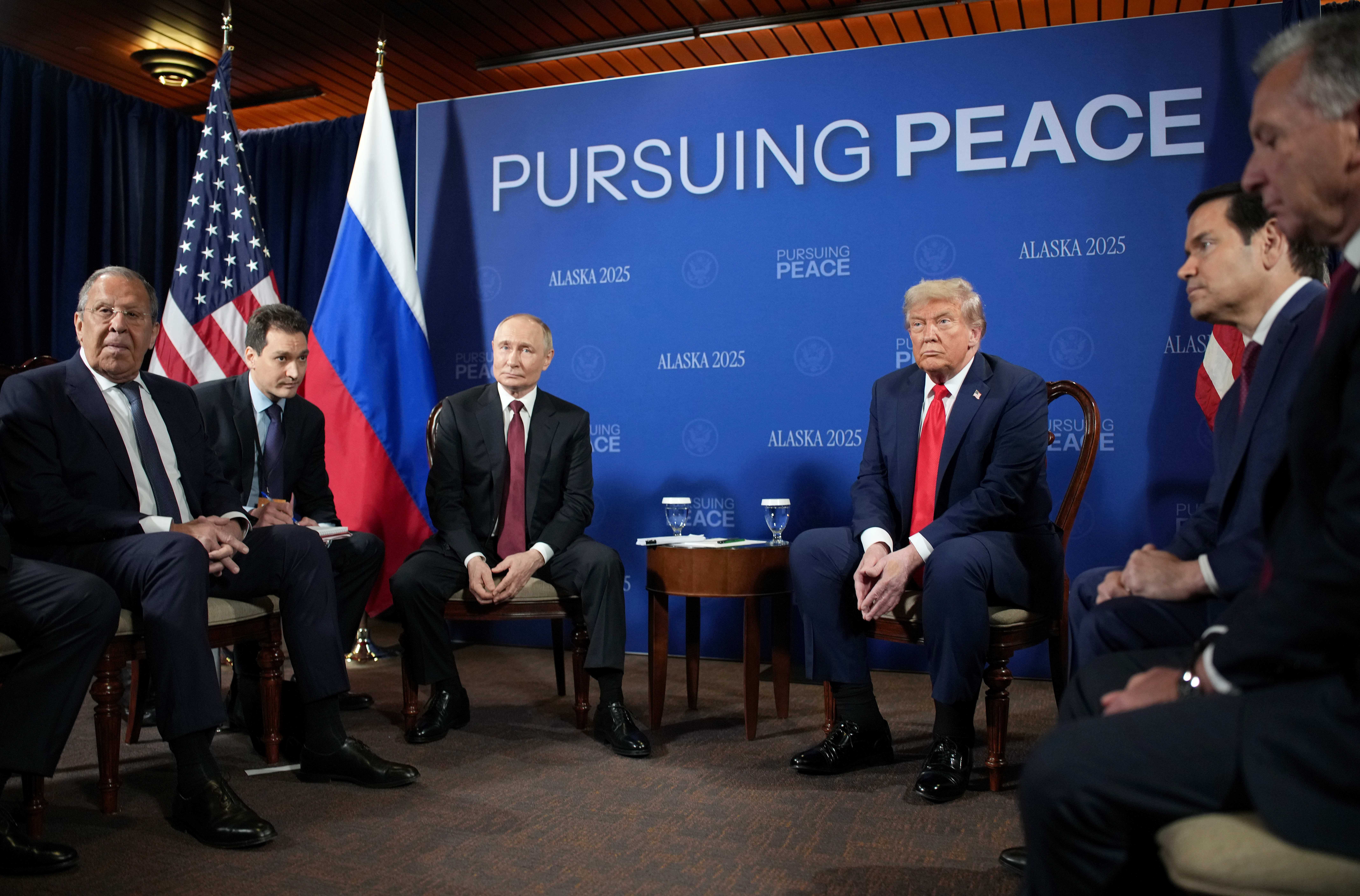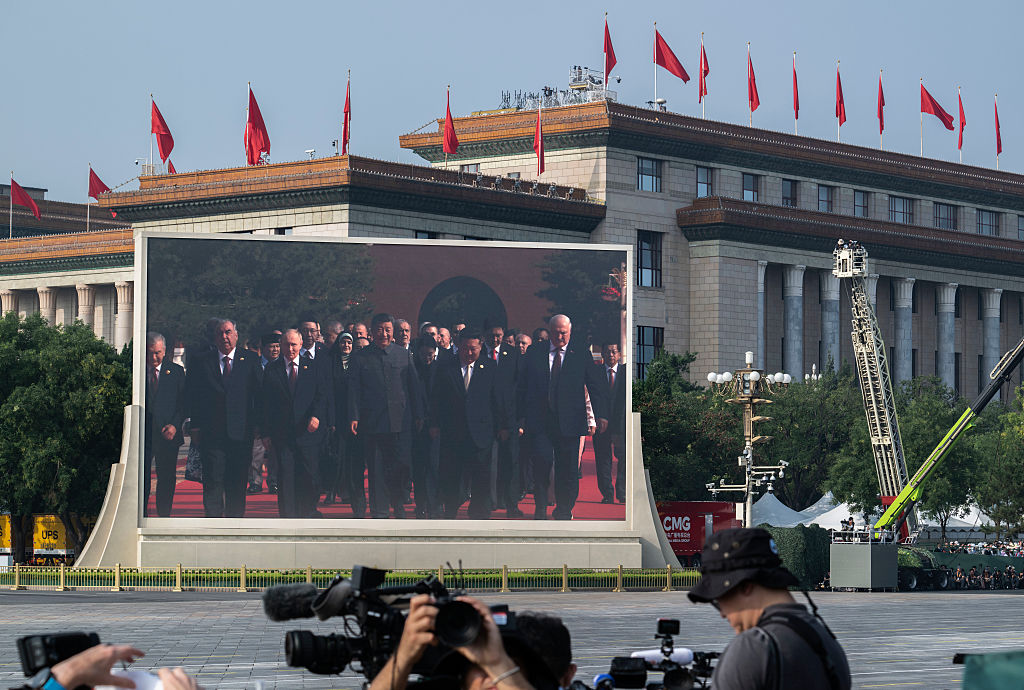KYRGYZSTAN: WHO IS AFRAID OF THE NATIONAL LANGUAGE
KYRGYZSTAN: WHO IS AFRAID OF THE NATIONAL LANGUAGE
?Feliks Kulov for one, apparently. The russified Kyrgyz politician, a leading opposition figure, shares with Feliks Dzerzhinsky not only the first name but also the “chekist” background. Kulov is one of eight presidential aspirants to have been barred from entering the race because they can not express themselves in the native language. Seven other aspirants, including the incumbent President Askar Akaev, have passed the legally required language test and have been registered as candidates for the October 29 balloting. Of those barred, seven sat and failed the exam. Kulov, however, refused to take the exam and denounced the language requirement as an exercise in Kyrgyz anti-Russian nationalism.
The exam is administered by a panel attached to the Central Electoral Commission, and composed of language specialists, literary scholars and historians. The test includes writing a brief essay, conducting a conversation, and answering oral questions about the basics of Kyrgyz literature and history.
Westerners acquainted with Kulov have known all along from Kulov himself about his ignorance of the national language. In a September 18 statement to the Bishkek media, Kulov virtually admitted to that ignorance. In that statement he cast himself as a representative of Kyrgyzstan’s “Russian-speaking population” which, he claimed, faces “obstacles to their professional careers, and whose members are being barred from state leadership posts” because they do not speak the state language. The language legislation, Kulov asserted, is “not merely an instrument for sidelining political opponents,” but one designed to discriminate against “people not belonging to the titular nation and who attended Russian schools.”
Kulov’s other thesis holds that any legislation requiring knowledge of the national language as a qualification for government posts “only divides the people, instead of unifying it…The language exam splits society at a time when unity is needed.” Both theses go back to the anti-perestroika forces’ defense in the late 1980s against efforts in the then-Soviet republics to halt russification and revive the native languages. The basic counterarguments were that the elevation of national languages to the status of state languages would “split the people” and oppress “Russian-speakers.”
On September 19, the Central Electoral Commission adopted a final decision to deny registration of Kulov’s presidential candidacy, on the grounds that he had refused to take the language exam. Kulov and some of his supporters had challenged the legality of the commission’s decision. By that date, however, the courts had upheld the legality of the language exam and of the panel attached to the Central Electoral Commission. And on September 13, the Constitutional Court ruled that both the language requirement and the exam procedure were in conformance with the constitution.
The Communist Party’s presidential aspirant, Iskhak Masaliev, is also among those who have been denied registration for failing to pass the language test. Masaliev, Kulov, and several others plan to throw their support behind a joint opposition candidate against Akaev in next month’s presidential balloting. The probable joint candidate is Socialist leader Omurbek Tekebaev, author of the draft legislation to confer official status on the Russian language in Kyrgyzstan.
“The Fortnight in Review” is prepared by senior analysts Jonas Bernstein (Russia), Stephen Foye (Security and Foreign Policy), and Vladimir Socor (Non-Russian republics). Editor, Stephen Foye. If you would like information on subscribing to the Monitor, or have any comments, suggestions or questions, please contact us by e-mail at pubs@jamestown.org, by fax at 301-562-8021, or by postal mail at The Jamestown Foundation, 4526 43rd Street NW, Washington, DC 20016. Unauthorized reproduction or redistribution of “The Fortnight in Review” is strictly prohibited by law. Copyright (c) 1983-2002 The Jamestown Foundation


